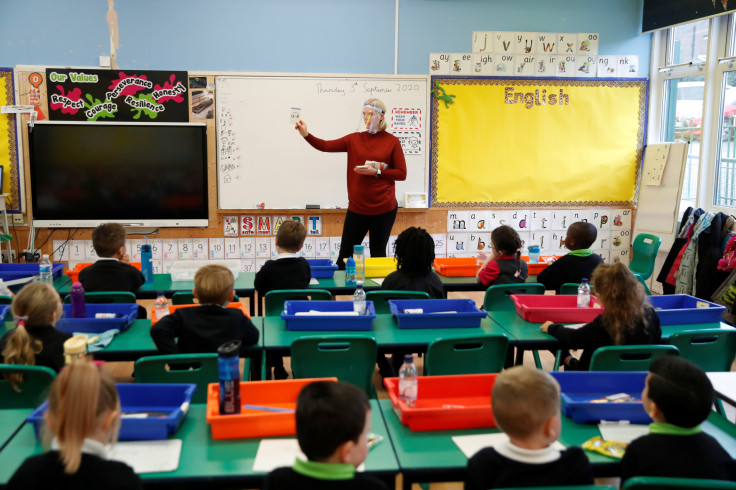Unison Reject New Pay Offer And Will Continue With School Strikes
Unison members will strike across 24 council areas for three days from Tuesday in a dispute over pay, following their rejection of Cosla's recent offer.

Despite last-ditch talks and efforts to come to a joint agreement over the weekend, Unison has announced the strikes that will close a large number of schools across Scotland will continue this week as planned.
This new offer in question represents a minimum wage increase of £2,006 for those on the Scottish Government's living wage and a minimum increase of £1,929 for those earning above the wage.
In addition, the living wage of £10.85 will rise to £11.89 under this new offer, which is the equivalent to an increase of 9.6 per cent.
School staff were informed that this would be their "best and final offer".
Unison, the biggest of the three unions, respectively, rejected the deal and cited it as "too little too late", before announcing that they would continue to strike over pay.
Mark Ferguson, Unison Scotland's chairman of local government, stated that the union had been in correspondence with local authority body Cosla over the weekend.
Mr Ferguson added that the strikes could have been avoided if the council offered "something really significant".
He continued: "Our members don't want to take industrial action - this is an absolute last resort. I'm a parent myself. But if we don't take a stand then the longer-term impact on our children is going to get far worse with the cuts."
However, this decision to strike has been met with some degree of criticism, particularly from members of the Unite branch.
As stated in a letter to their members, which read: "Unfortunately our colleagues in Unison have taken the bizarre decision to continue with strike action while balloting their members."
The branch also mentioned that they would ask Unison to "re-consider" its position.
Regardless, the union's members are expected to strike across 24 council areas for three days starting from Tuesday in a long-running dispute over pay offers for non-teaching staff in schools.
If it goes ahead, the planned strike action is expected to affect classroom assistance staff, cleaners, janitors, the catering team and administrators.
Conversely, both the Unite and GMB unions announced that they were suspending strikes until their members were consulted, meaning that there would not be any strike action taken in Falkirk or North Lanarkshire.
In a post on the Dundee City Council website, it explains: "Following the suspension of industrial action by both the GMB and Unite unions, Dundee City Council is now working to open as many of its educational establishments as possible next week during planned strike days.
Large numbers of parents have understandably expressed their concerns at the impending strike action and are desperately scrambling to arrange childcare.
Glaswegian father of three, Iain Dick, believes that the strikes will put parents in a "desperate position", adding that levels of sympathy for the latest strikes from parents "remains to be seen".
Mr Dick added: "There's going to be countless parents across the whole country who are trying to either take unpaid or take up some of their annual leave."
Additionally, the Glasgow City Parents Group took to social media, writing: "Regardless whether you support or don't support the industrial action next week in Scottish schools, it doesn't lessen the disruption it causes families."
© Copyright IBTimes 2025. All rights reserved.






















